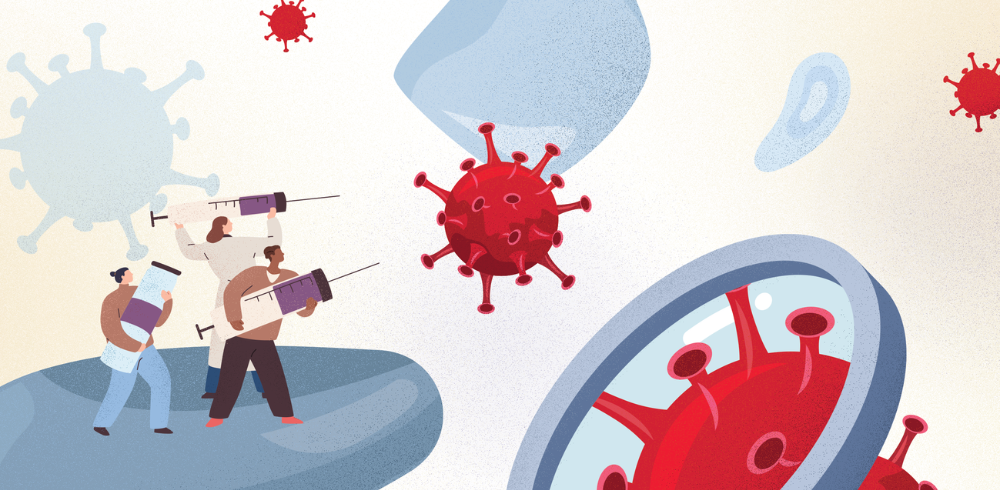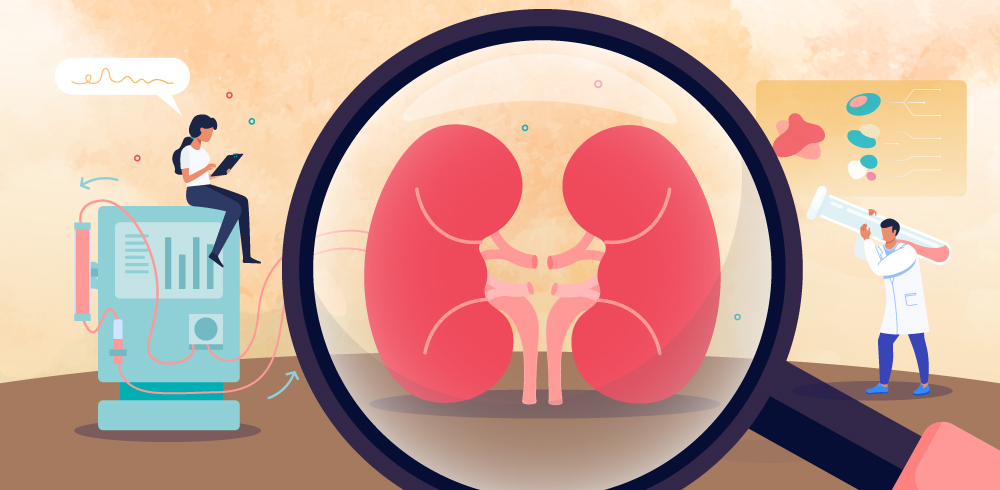“Green nephrology” turns the tide in kidney care – The plenary session
19 Sep 2025
Share
The plenary session concluded with an interactive panel discussion chaired by Professor Dr. Lim Soo Kun and Dr. Sunita Bavanandan. The session brought together diverse perspectives from Dr. Brigitte Schiller (Fresenius Medical Care, United States), Dr. Partha Das (DaVita Kidney Care, United Kingdom), and Dr. Eason Chang (Pantai Hospital Laguna Merbok, Malaysia), who shared experiences and sustainability initiatives from their respective health systems, providing insights that could inform Malaysia’s efforts to embed green practices in nephrology care.


Q1: What are the main barriers to implementing green nephrology, and what initiatives are being pursued in your region?
Dr. Schiller emphasized that even in the United States, implementation remains the greatest hurdle, despite the availability of solutions. She highlighted advancements such as autoflow and eco-flow technologies, which can reduce dialysate flow rates from 800 mL/min to 500 mL/min, conserving substantial water without compromising care. “We grew up in abundance, not knowing how to ration,” she remarked, stressing that education and awareness are vital to instill sustainable habits, particularly when introducing new dialysis patients to clinical waste reduction practices.
From the UK perspective, Dr. Partha emphasized that nephrology should not act in isolation. “This is not just a nephrology issue, it must align with the wider healthcare sector,” he noted. Dr. Partha outlined the NHS’s commitment to Net Zero emissions, driven by governance oversight and policies across four domains: medicines, energy, transport, and supply chains. Champions have been appointed in every renal hub to raise awareness and advocate for industry partners to adopt green credentials.
In Malaysia, Dr. Eason shared updates from the national Green Nephrology Taskforce, of which he and Prof. Lim are members, working to develop national guidelines. He highlighted the importance of raising awareness, including integrating sustainability scope into medical curricula. At his own center, reject water from dialysis is repurposed for aquaculture and horticulture through collaborations with local fisheries and community, a cost-effective initiative that has been well received. He also noted that private hospitals are increasingly valuing green credentials, which facilitates the implementation of sustainable practices.
Reflecting on the discussion, Dr. Sunita noted that local initiatives, such as the “Jom Recycle” program, hinge on “buy-in from everyone to sustain the volume,” since the project cannot succeed without sufficient participation. Prof. Lim further added that Malaysia’s Green Nephrology Taskforce is actively collaborating with environmental experts to streamline the guidelines and aims to pursue policy changes, starting with practical measures such as including green features into dialysis machine tenders.
Q2: How are dialysis manufacturers and providers integrating ESG (Environmental, Social, and Governance) principles into their practices and innovations?
Dr. Schiller explained that manufacturers are guided by ISO standards within corporate social responsibility frameworks. Efforts include the development of PVC-free bags, improved packaging, and machine innovations such as online priming and autoflow. “It’s not something done overnight, but nephrologists now have bigger tasks than ever before,” she said, emphasizing the need to act even before policies catch up.
Dr. Partha stressed urgency, referencing the 6Rs principle—with the addition of rethink and refuse. “We need to ask: is dialysis the right option for every patient?” Preventing kidney disease progression and avoiding unnecessary dialysis offers the greatest reduction in carbon, water and environmental footprint. He also cited DaVita’s investment in solar farms in Texas, generating renewable electricity equivalent to its U.S. usage. Device innovations, such as reduced dialysate flow rates without compromising clearance, were also highlighted as immediate practical measures.
Summarizing the discussion, Prof. Lim emphasized that the best way to reduce the environmental footprint of dialysis is to prevent the need for dialysis through optimal CKD care. For patients who require treatment, incremental dialysis (rather than assuming thrice-weekly schedules by default) can lessen environmental burden while maintaining patient safety. Dr. Sunita added that sustainability also depends on modality choice, with PD offering advantages over in-center HD and transplantation representing the most sustainable option. Together, the speakers highlighted the importance of practical, multi-tiered strategies, noting that even modest steps can yield meaningful progress. With Malaysia’s national green direction as a supportive backdrop, nephrology is well-positioned to drive impactful and sustainable change.
In line with the congress theme on advancing sustainable practices in healthcare, the 11th APCM-ISPD in conjunction with the 39th MSN Annual Congress 2025 is the first medical event to adopt a Zero Waste to Landfill Event Solution. Powered by the Malaysian-engineered The Asher® system, this initiative converts unsorted event waste into inert ash with no landfill impact. By embracing this initiative, the congress aligns with its commitment to sustainability, demonstrating how large-scale medical gatherings can meaningfully reduce environmental burden while leading the way towards greener healthcare practices.




